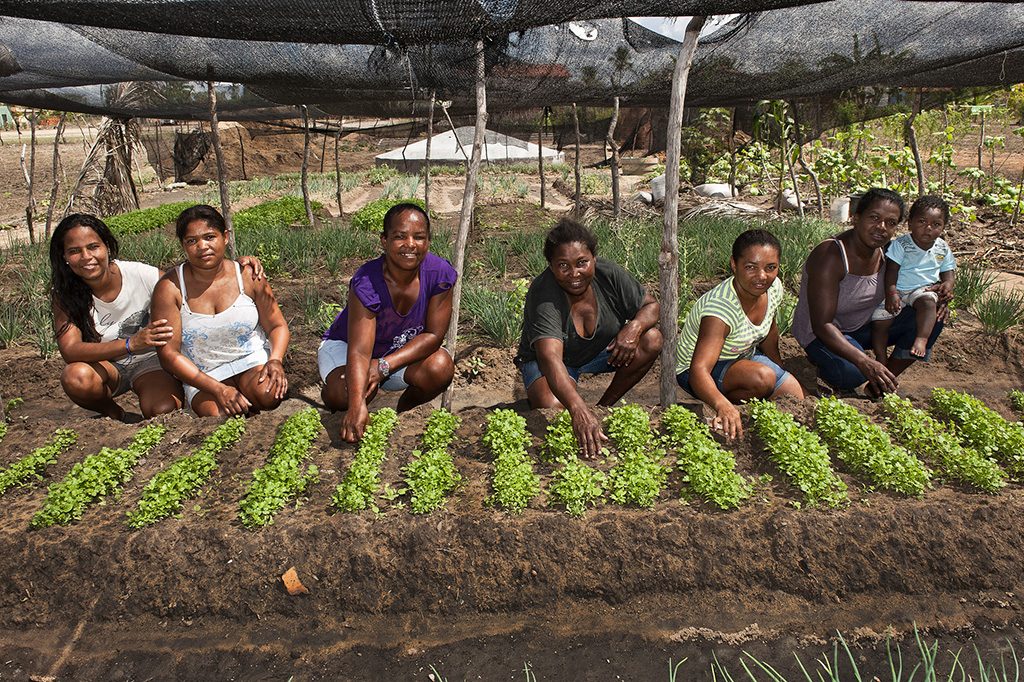Afro-Brazilians Fight Land Grabs by Paper Company
Not everything that’s “green” is good. In southeastern Brazil eucalyptus plantations known as “green deserts” are invading quilombos, communities that were created over 100 years ago by Africans who escaped slavery. The plantations, owned by global paper company Fibria Celulose, are driving local people out and drying up their water sources. Members of the quilombos continue to organize and to resist Fibria, but eucalyptus production is expanding.
The paper industry prizes eucalyptus for its “high-quality pulp for paper”.
New App Could Improve Women’s Safety in Pakistan
This week a smartphone application for reporting harassment in Pakistan’s Punjab province was launched, allowing women “who feel threatened” to call the police at the touch of a button. Users can report street harassment as well as domestic violence.
The app is a small but welcome step towards increasing women’s rights in a region notorious for crimes against women. Its ability to curb gender-based violence remains to be seen, especially in rural areas where smartphone usage is scarce.
Syrian Refugees Turn Anguish Into Art
In Jordan, refugees from Syria have created remarkable replicas of beloved hometowns and landmarks. Former landscaper Mohai Al Deen Qasem sculpts models of his neighborhood in Damascus. He hopes to set up a workshop where he can continue his craft.
In the Zaatari refugee camp, a group of Syrian artists built replicas of monuments and iconic landmarks in an effort to preserve their culture and history, especially for children who “have never seen Syria or who have no memory of it”.

